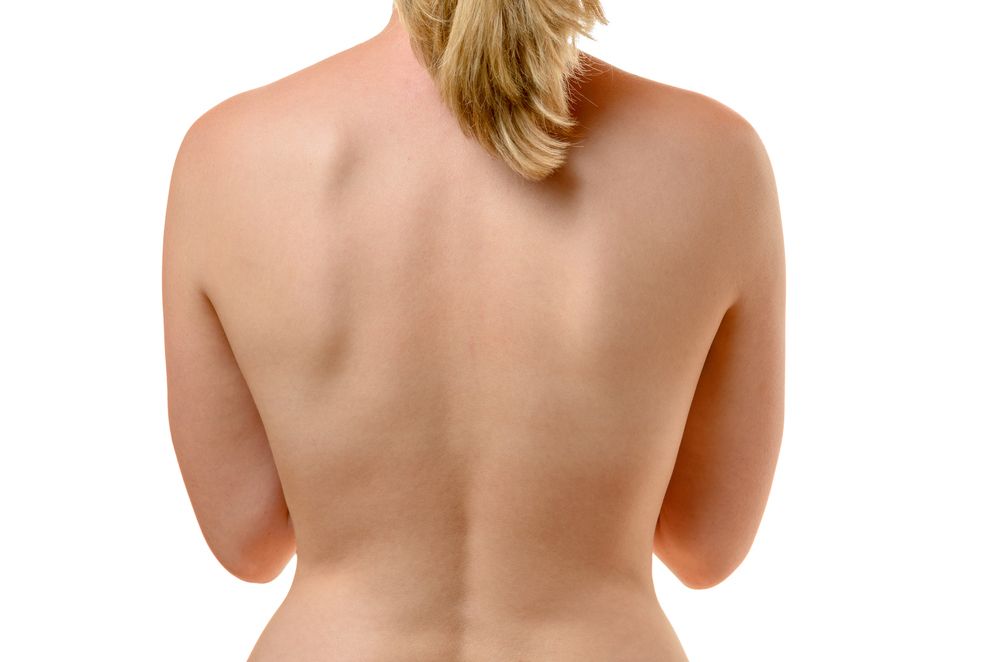Plastic Surgery and Swelling: What to Expect
 Many people who wish to improve their appearance turn to plastic surgery, like body contouring procedures, to achieve their desired appearance. Body contouring procedures may be used on many areas of the body, such as the thighs, abdomen, and upper arms. As with any surgical procedure, there are some possible side effects associated with plastic surgery, with swelling being one of the most common. The amount of swelling will vary based on a number of factors, which we'll explore here. For answers to your questions about plastic surgery and swelling, contact Gatineau, QC plastic surgeon Patricia Berbari.
Many people who wish to improve their appearance turn to plastic surgery, like body contouring procedures, to achieve their desired appearance. Body contouring procedures may be used on many areas of the body, such as the thighs, abdomen, and upper arms. As with any surgical procedure, there are some possible side effects associated with plastic surgery, with swelling being one of the most common. The amount of swelling will vary based on a number of factors, which we'll explore here. For answers to your questions about plastic surgery and swelling, contact Gatineau, QC plastic surgeon Patricia Berbari.
What Causes Swelling after Plastic Surgery?
Swelling is normal after plastic surgery and is one of the ways in which the body responds to injury. When the tissues become injured, the body releases white blood cells and fluids around the site of the injury to aid in healing. This collection of fluids and blood cells cause the tissue to expand and swell.
Swelling, and more importantly the deployment of white blood cells, plays an important role in the healing process. This is because white blood cells provide a natural defense against infection. As the tissues heal, less fluids and white blood cells will collect at the site, allowing swelling to go down. Although some swelling should be expected after plastic surgery, swelling that becomes worse may be a sign of infection and should be brought to your doctor's attention immediately.
How Long Should You Expect Swelling after Plastic Surgery?
The amount of time swelling will last after plastic surgery depends on a number of factors, which include the type of surgery, the number of procedures performed, the location of surgery, and personal response to surgery.
In most circumstances, swelling is greatest for the first few days to a week following surgery. Swelling generally goes down significantly after a week or two, but minor swelling may persist for several months. This is particularly true for those who have undergone extensive surgical procedures.
Tips to Reduce Swelling
Following all post-operative instructions from your surgeon is key to a successful recovery. Although some swelling is expected after plastic surgery, there are steps that can be taken to help reduce swelling and alleviate discomfort, such as:
- Stay hydrated: Staying hydrated by drinking plenty of water can help the body flush out the system and reduce swelling.
- Avoid sodium: Salt can make swelling worse by causing the body to retain fluids. Avoiding salt and foods high in sodium can help prevent fluid retention and reduce swelling.
- Wear a compression garment: Compression garments help reduce swelling by supporting the tissues as they heal and pushing fluids out through the lymph system. Compression garments should be worn when advised by a doctor and are particularly beneficial when worn after such procedures as liposuction and tummy tuck surgery.
- Elevate injured areas: Keeping areas that were operated on elevated can help reduce swelling by allowing fluids to drain away from injured areas.
- Apply ice: Applying ice throughout the first 48 to 72 hours for 15-minute increments after surgery is another way to help reduce swelling. The cold temperature reduces swelling by causing the blood vessels to contract.
Contact Dr. Berbari
For more information about swelling after plastic surgery, or for answers to any questions you may have, please schedule a consultation with Dr. Berbari.









